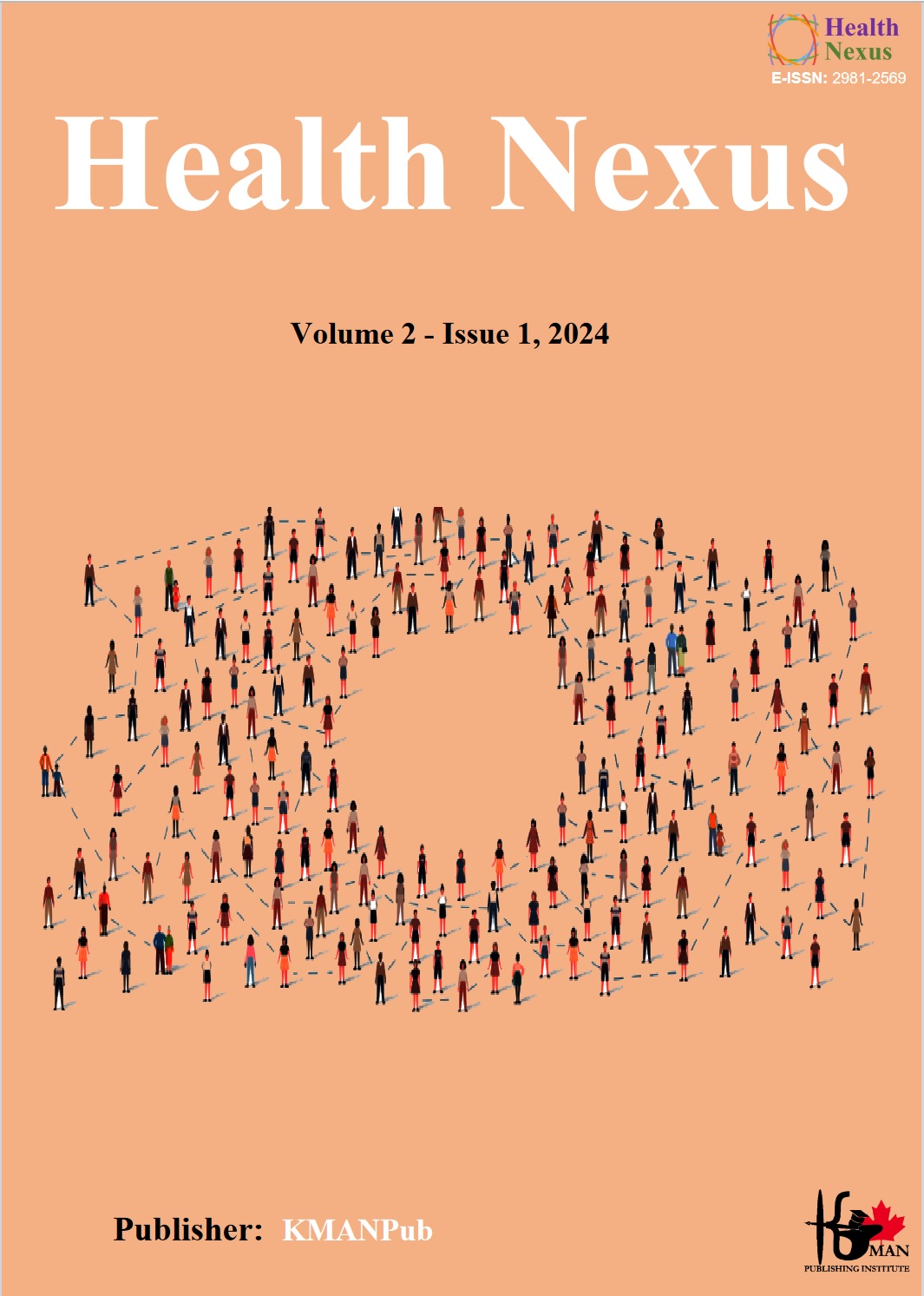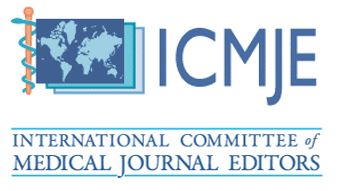Advances in Radiological Techniques for Cancer Diagnosis: A Narrative Review of Current Technologies
Keywords:
Biomarker Imaging, Biopsy Techniques, Contrast Imaging, Functional Imaging, Imaging Advances, Neoplastic Imaging, Oncology Modalities, Precision Oncology, Radiomic, Radiotracer Use, Screening Technology, Tumor CharacterizationAbstract
This review aimed to assess the recent advancements in radiological techniques for cancer diagnosis, focusing on the clinical applications and the potential for these technologies to improve patient experiences and personalize the diagnostic process. A detailed literature search was conducted in several databases up to February 2024, using a combination of keywords and Medical Subject Headings (MeSH) terms related to "cancer diagnosis" and "radiological techniques." The inclusion criteria were peer-reviewed articles in English that focus on advanced imaging modalities in cancer diagnosis. Data were synthesized to identify key advancements, challenges, and future directions. The advancements in photon counting detector Computed Tomography (CT), quantitative imaging biomarkers, and emerging diagnostic substances like radiotracers were highlighted. The review identified significant improvements in imaging techniques such as multiparametric Magnetic Resonance Imaging (MRI) and diffusion-weighted imaging. It also addressed the clinical, technological, and economic challenges in adopting these advancements globally, as well as the initiatives aimed at improving access to advanced diagnostics. The importance of collaboration between radiologists, oncologists, and engineers in optimizing these technologies for clinical use was emphasized. Radiological advancements have enhanced the capacity for precise and personalized cancer diagnosis, with a significant positive impact on patient care. Despite the promising developments, challenges related to access and implementation persist. Addressing these issues requires global efforts to ensure equitable access to advanced diagnostics and collaborative innovation to refine and integrate these technologies into clinical practice, ultimately leading to better global health outcomes.
Downloads
Downloads
Additional Files
Published
Submitted
Revised
Accepted
Issue
Section
Categories
License
Copyright (c) 2024 Zuhair Ali (Corresponding Author); Anas Hamdoun, Abdelmoneim Alattaya (Author)

This work is licensed under a Creative Commons Attribution-NonCommercial 4.0 International License.



























